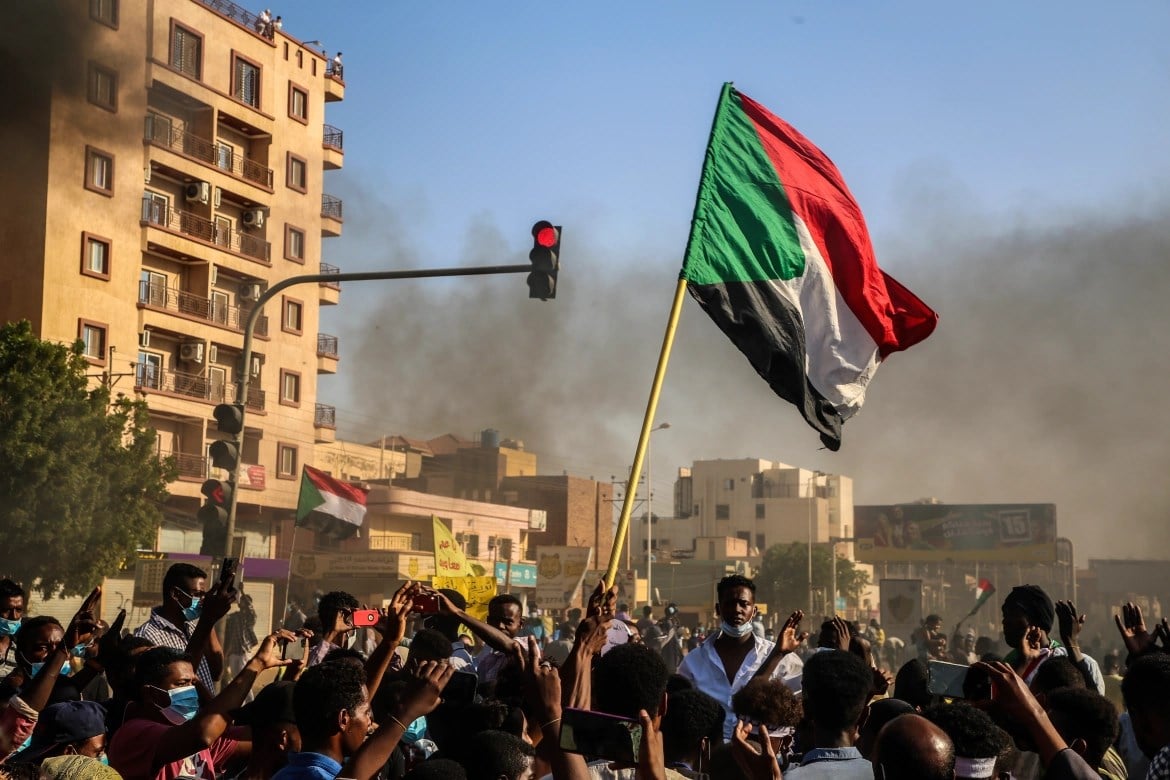Sudan civilian bloc reject post-coup talks with army
Sudan's civilian bloc refuse to hold talks with the army following the October coup in Khartoum, stressing that talks were not beneficial.
-

Sudanese demonstrators protesting the coup in Khartoum, Sudan
The Sudanese civilian bloc rejected Monday UN-facilitated talks with the army to resolve a crisis sparked by the military coup that took place in 2021, stressing that the meetings did not tackle the main issue at hand.
The United Nations, the African Union, and the regional IGAD bloc have been pushing for Sudanese-led talks to break the deadlock sparked by army chief Abdel Fattah Al-Burhan's military coup in October, which toppled the Forces for Freedom and Change (FFC).
The FFC says it received an invitation from the UN-AU-IGAD trio for a technical meeting with the national army on Wednesday. However, it "conveyed its apologies", saying they would not attend the meeting.
The meeting "does not address the nature of the crisis" and any political process should work on "ending the coup and establishing a democratic civilian authority", the FFC statement read.
"This cannot be done by inundating the political process with parties representing the coup camp or linked to the former regime."
The Sudanese people have taken to the streets all over the country to protest the coup, and the latest round of demonstrations took place on Monday, with crowds demanding the military step down.
The protests, however, were met with a severe crackdown from the police, who used tear gas canisters, as per the accounts of witnesses.
The Sudanese people have been partaking in protests almost every week since the military takeover of the Arab North African state, with medics putting the tally of those killed at the hands of the police at almost 100.
In a move some praised as negotiating in good faith, Burhan lifted the nationwide state of emergency that has been in force since the coup to set the stage for "meaningful dialogue that achieves stability for the transitional period."
Military officials have agreed on launching "direct talks" between Sudanese factions, while the authorities, over the past several weeks, have released multiple civilian leaders and activists who have been arrested throughout the coup.
The FCC said Monday that other activists are still in prison as the military upholds its suppression of protests.

 2 Min Read
2 Min Read








